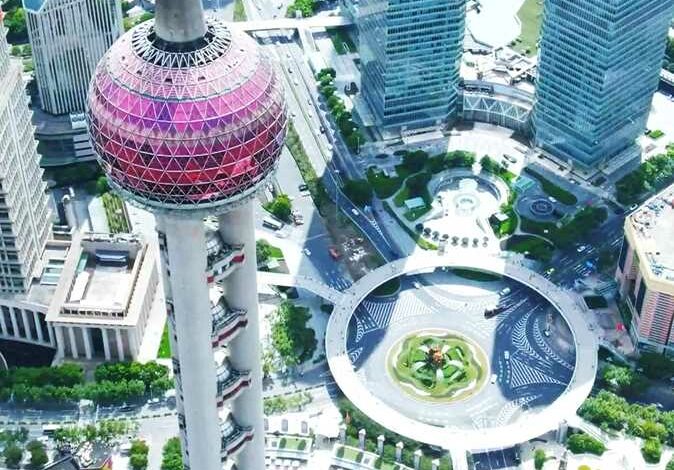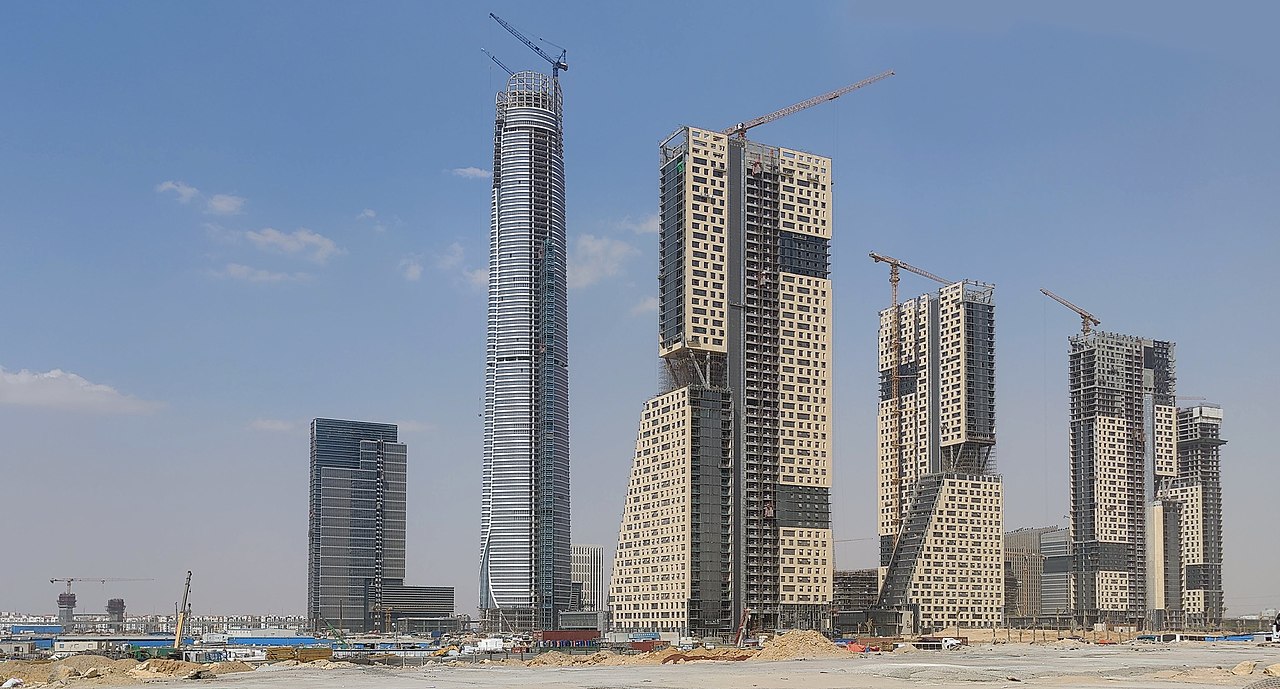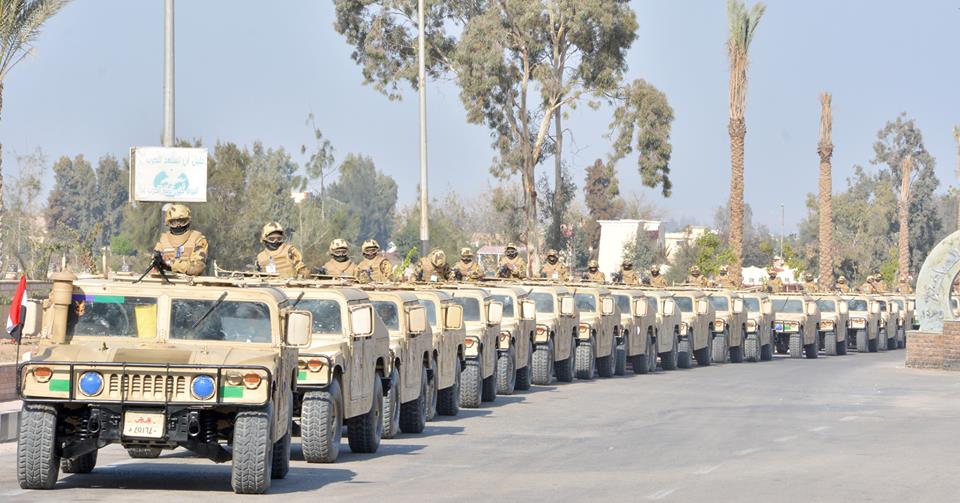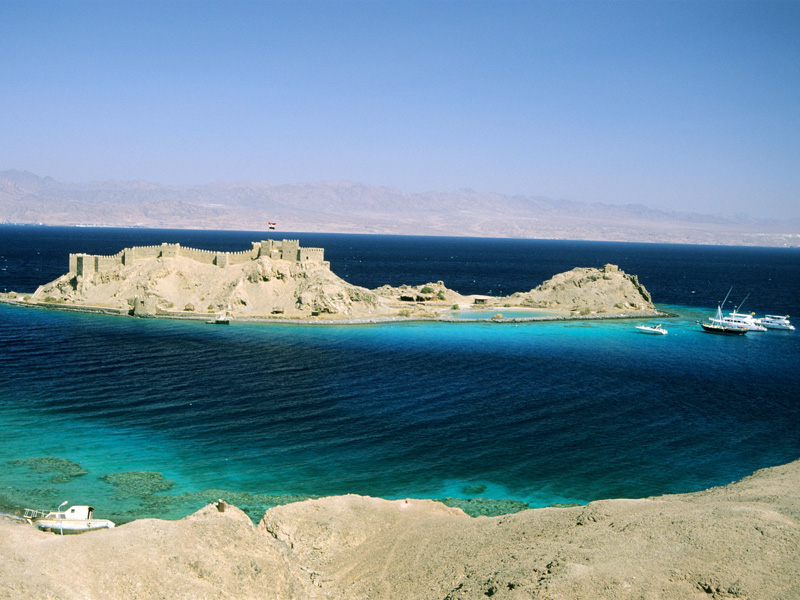
The China-Africa Summit will be held over the course of three days in the Chinese capital, Beijing, in order to promote joint cooperation in development with the African continent under the Belt and Road Initiative.
One of the main topics raised in the summit will be development strategies for African countries, and enhancing interconnection and communication between both sides in order to promote modernization and build a future-oriented society.
China’s interest in the African continent has increased through its large investments in “Global South” countries, which are considered a reliable supplier of minerals and raw materials. China has also invested in infrastructure and mega projects, and under the leadership of Chinese President Xi Jinping it is developing the Belt Project.
The Belt and Road Initiative is an international development strategy launched by Beijing 11 years ago to enhance economic cooperation between Asia, Europe, Africa, and Arab countries. It seeks the promotion of trade and investment between nations and works on economic growth and regional development.
The initiative plays a role in cultural and political cooperation, and works to strengthen multipolarity especially as the world has become fed up with unipolarity.
Through the efforts of the Belt and Road Initiative and international cooperation, there will be a global fight against international terrorism for the sake of global peace and stability.
The New Silk Road has also intensified economic cooperation with Africa, as the Maritime Silk Road passed through the coasts of East Africa on the Indian Ocean.
The China-Africa Summit is considered of great importance, as it is held every three years with the participation of the leaders of African countries, in the “China-Africa Cooperation” Forum, in order to discuss pivotal issues work to attract more Chinese investments in exchange for benefiting from Africa’s resources.
The relationship between China and the African continent is one based on mutual benefit and respect for the internal privacy of countries.
Beijing has also played a pivotal role in rejecting the Israeli war on the Gaza Strip, and has worked on the “Beijing Declaration” last July 23 for reconciliation between the Palestinian factions.
Through the management and organization of the Chinese Communist Party, Beijing has succeeded in eradicating poverty for nearly 100 million people, while China annually invests billions of dollars in Africa which are welcomed by African countries in the hopes that they will lead to accelerating its economic growth, without prior political conditions – Beijing has assured that it will not interfere in the internal affairs of Africa’s nations, and aims to advance trade relations, leaving no one behind.
China is also interested in international cooperation with the African continent for economic advancement.
The Silk Road Economic Belt works to develop the road network from China to Europe, alongside the Maritime Silk Road to enhance maritime benefits between China and Southeast Asian countries.
This contributes to huge investments in infrastructure, especially in power plants and oil and gas pipelines, while China cooperates with governments and local companies worldwide.
China also boasts the Shanghai Cooperation Organization, which has the total population of member states and partners at more than 3.5 billion people – nearly half of the world’s population.
This young organization aims to develop international political security through enhancing mutual political trust and security cooperation among member states on the basis of the “Shanghai Spirit”.
It also works to enhance regional security and jointly address threats such as terrorism, separatism and extremism through the exchange of intelligence information, cooperation, joint training and combating transnational crimes.
Member states have a vested interest in ensuring internal peace between all faiths and peoples, and seeks cooperation in using its national currencies for the purposes of trade and investment in order to combat the dominance of the dollar among all countries.
The Belt and Road Initiative will not be limited to investments only, as China is working to transfer technology to facilitate the service of humanity, whether through robot work or electric cars that are not harmful to the environment.
Within this initiative, there is cooperation between Egypt and China such as with the recently opened “At the top of the pyramids,” exhibition running for a year at the Shanghai Museum.
It aims to stimulate tourism and enhance cultural cooperation between Cairo and Beijing, as well as introduce Chinese tourists to Egyptian civilization before their trip to Egypt, with thousands of visitors already.
The exhibition includes more than 780 cultural artifacts dating back to different periods of ancient Egypt, such as the the statue of King Merneptah appearing in People’s Square, and the head of the god Amun.
Egypt, with its long history, and China’s Belt and Road Initiative have contributed greatly to the development of various countries in Africa.
The convening of the China-Africa summit has seen some criticism from major colonial countries of the African continent, many of which remain under the grip of colonialism which has not allowed them to advance.
Beijing seeks trade and economic cooperation with the aim of promoting development, and China is eager to strengthen its relationship with Egypt, which was the first Arab and African country to officially recognize the People’s Republic of China in 1956 and establish diplomatic relations with it.
Just as China possesses major ports, Egypt has many as well, with approximately 15 commercial sea ports, as well as petroleum, mining, and tourist ports. It also has the first electrified railway line in the region serving more than five million passengers.
Egypt has even entered into space with EgyptSat 2, and has the ability to collect satellites as well as cloud computing.
Then there is the Iconic Tower in the New Administrative Capital, a major show of cooperation between Cairo and Beijing in the field of construction. Standing at 385 meters high, it consists of 78 floors, and has a total area of 650 thousand square meters.

The Silk Road extends more than 10,000 kilometers in length, among the group of routes along which caravans traveled between China and Europe, and has had a great influence on the prosperity and dissemination of the culture of many Egyptian and Chinese civilizations.
It introduced the civilization of the pyramids to the wider world, and also transmitted Chinese products, represented by silk and ceramic vessels alongside tea.
As the Belt and Road Initiative takes shape, it will reduce the cost of transportation and increase the volume of Egyptian-Chinese-Arab and African trade.
Egypt is the gateway to the African continent, and Beijing seeks to double its trade with the Arab world to exceed $600 billion dollars.
As Egypt owns the Suez Canal, it will serve as the gateway to the Maritime Silk Road, which connects the East with the West. Other countries will benefit greatly from the Silk Road to promote development and economic, commercial, cultural and educational advancement.
China also looks to Egypt in achieving its 2030 vision.
There is also cooperation in the field of tourism, given that Egypt is one of the top countries beloved by the Chinese tourists for its monuments, historical places and pyramids.
Egypt and China are the rulers of ancient and modernized civilizations, and will continue to make history.




